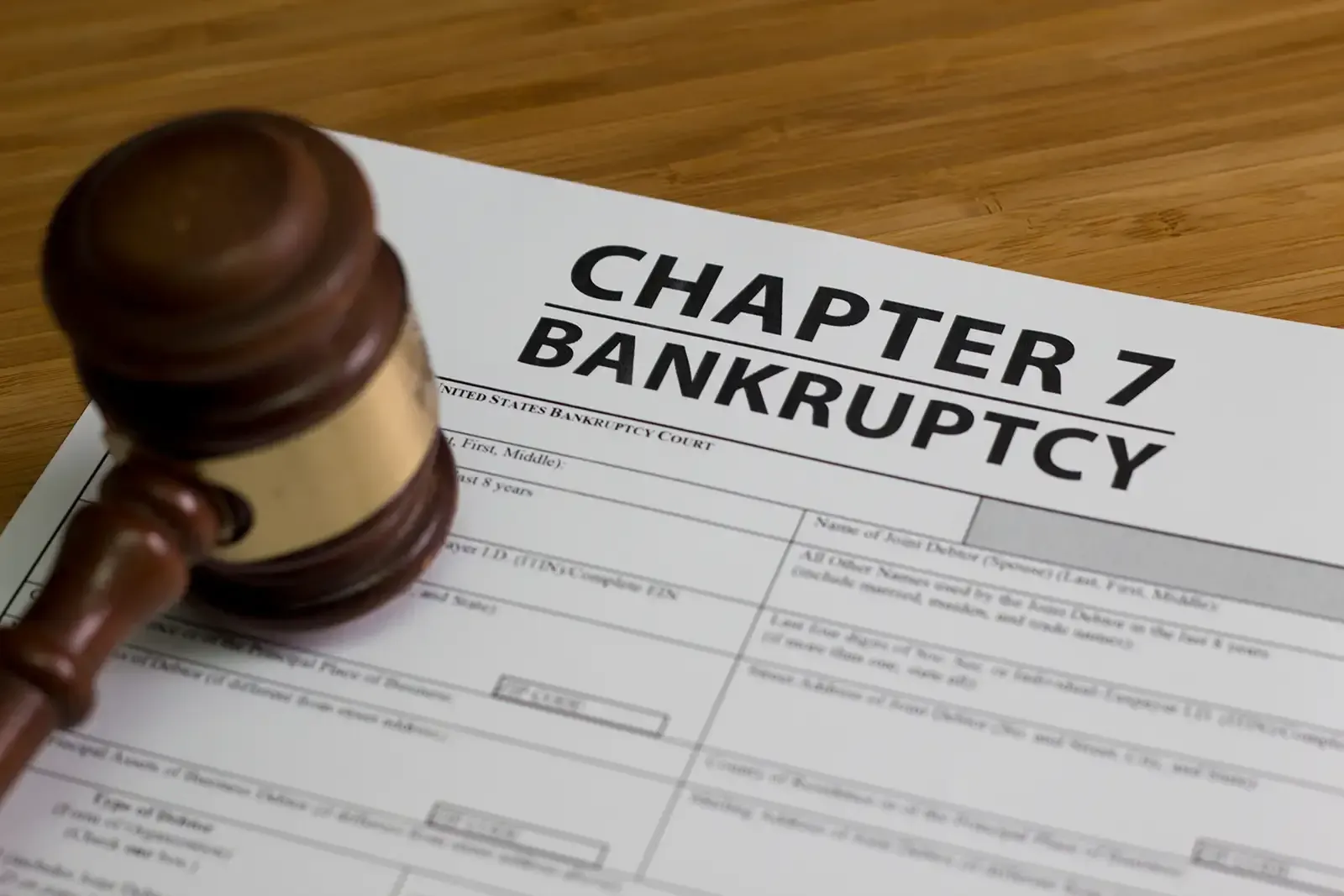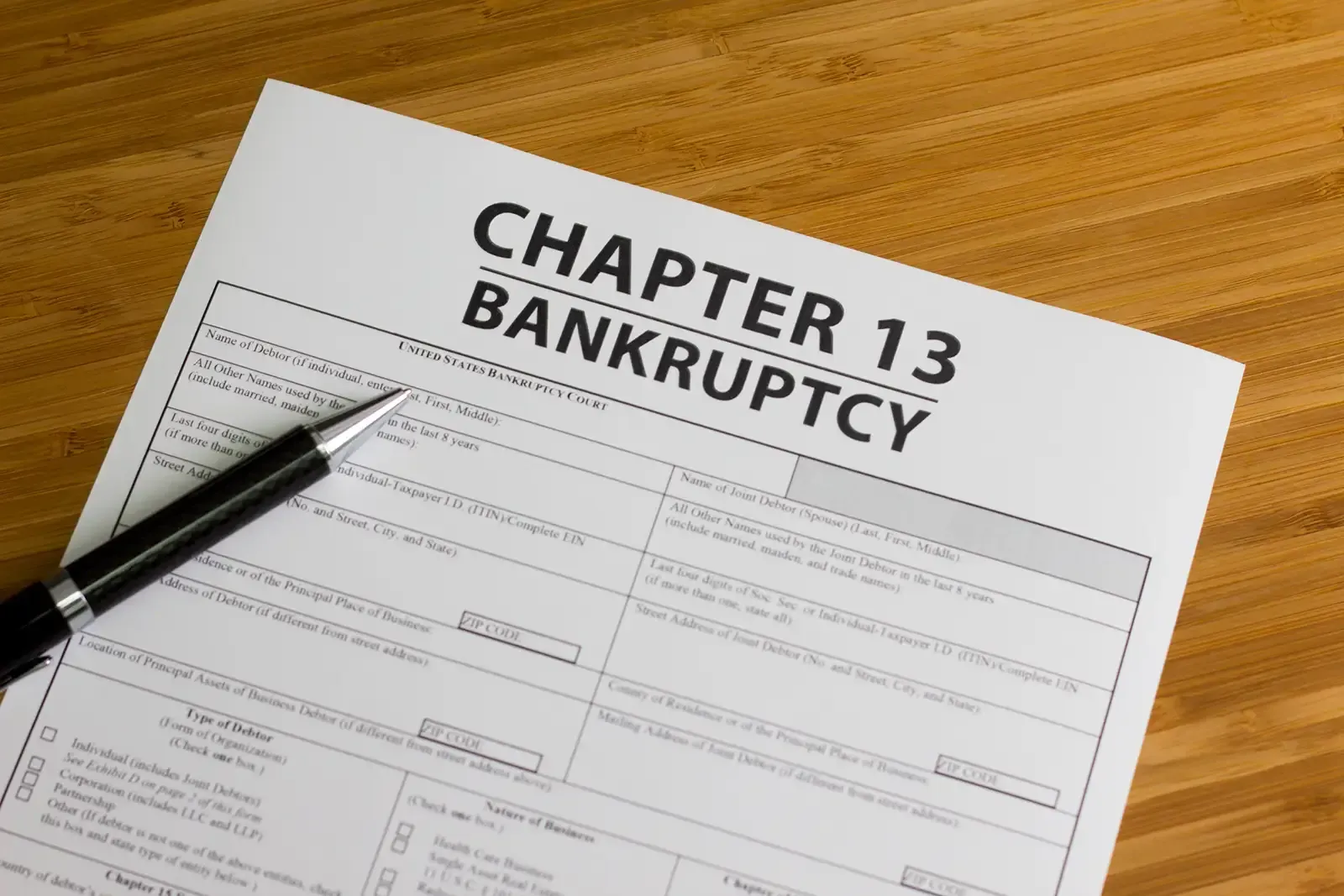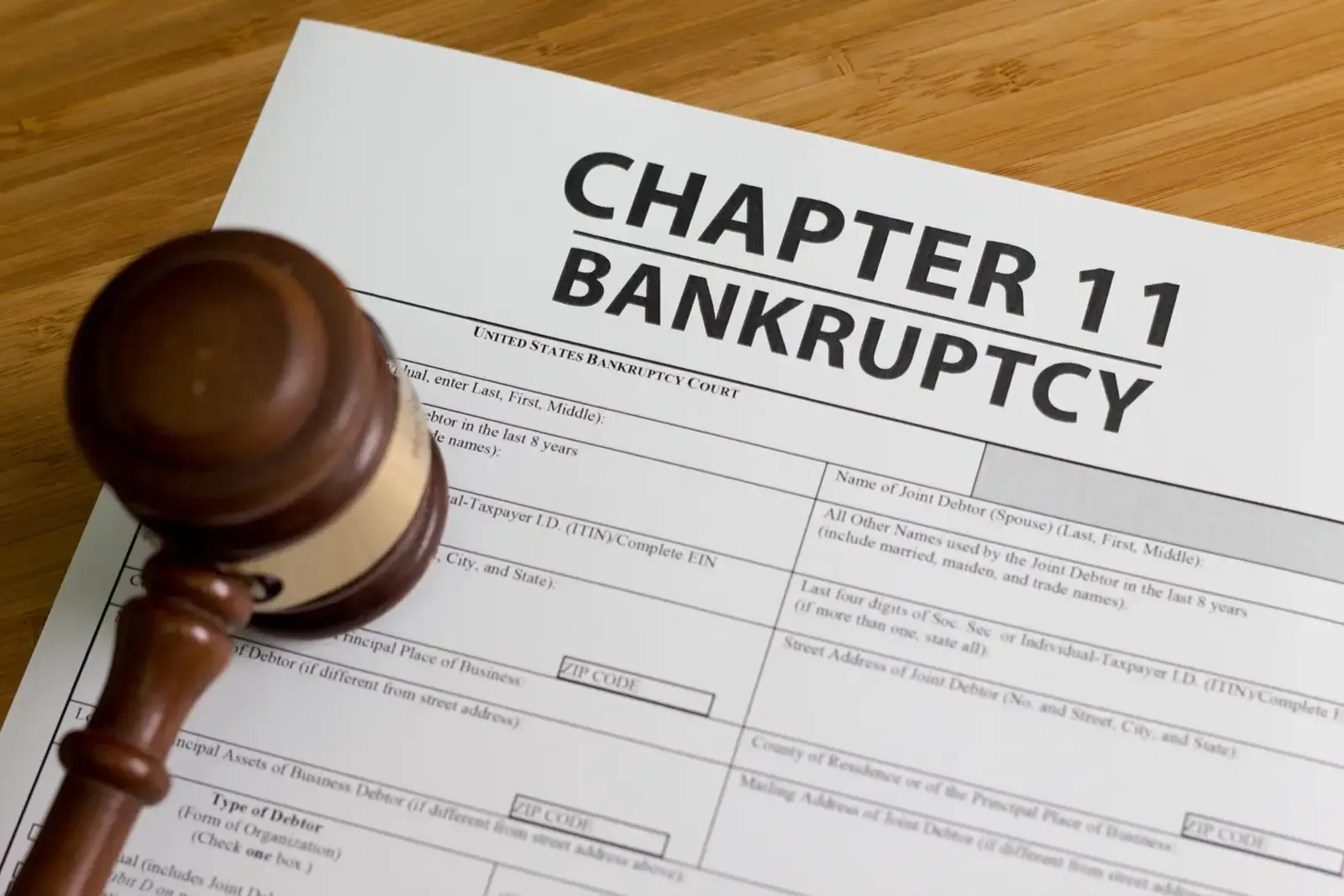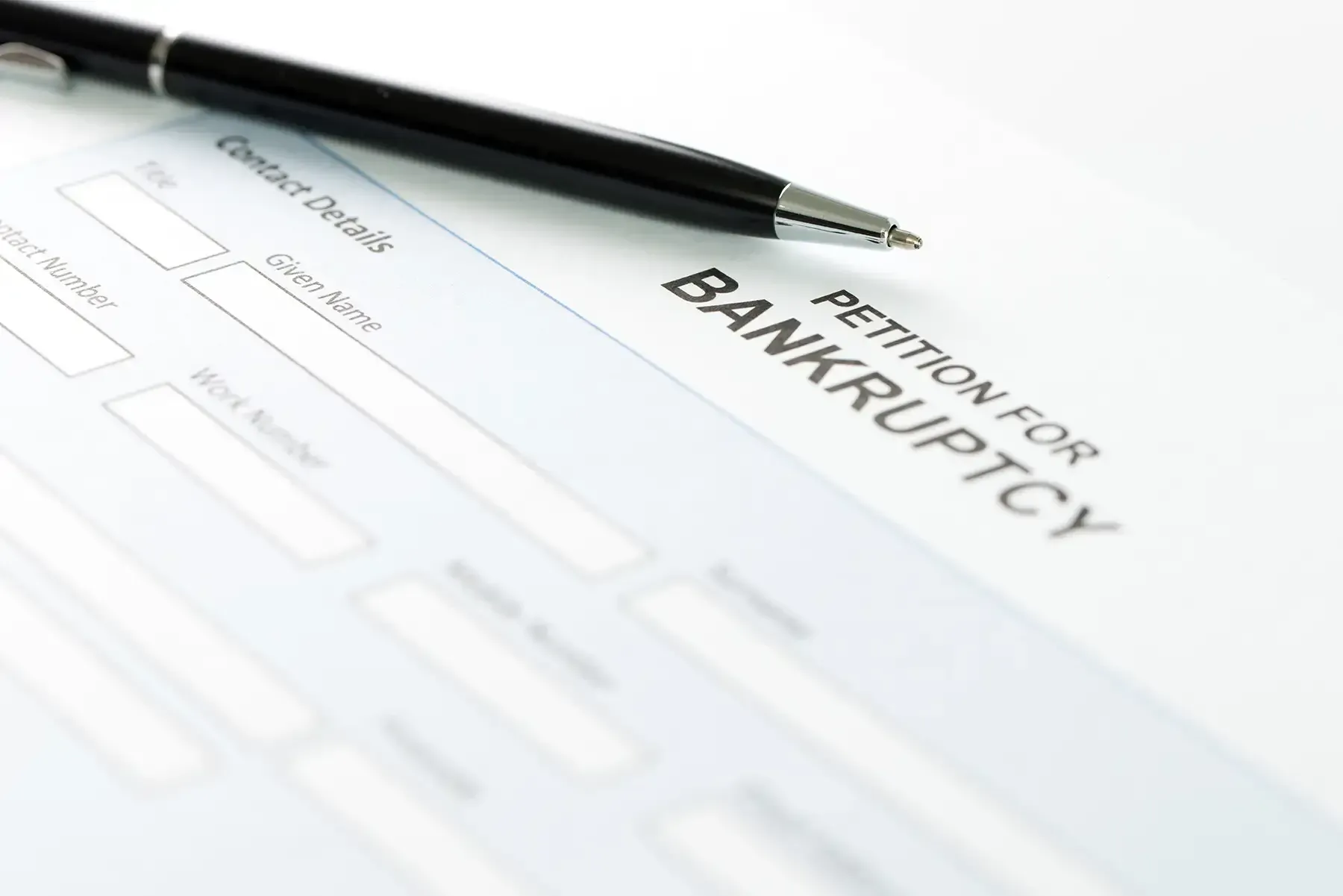Bankruptcy Attorney In San Diego, California
Protecting You from Creditors Through Bankruptcy
At Joshi Law Group, our dedicated team of Bankruptcy Law Attorneys, located in the heart of San Diego, California, understands the tremendous strains that come with overwhelming financial burdens. We recognize that if you find your finances sinking and the pressures of debt becoming increasingly unmanageable, you are not alone in this struggle. Countless individuals and families have faced similarly daunting predicaments, and there are effective ways to navigate through them.
We invite you to allow the Joshi Law Group to meticulously examine your financial obligations, attentively respond to your concerns, and thoughtfully explore all the possible pathways available to relieve your creditor pressures. Our extensive track record in aiding clients achieve debt relief will help us pinpoint a solution that not only addresses your unique circumstances but also aims to restore your financial stability and peace of mind. Your journey toward a brighter financial future begins here, and we are committed to guiding you every step of the way.
Contact Joshi Law Group to schedule a consultation with a lawyer today at 619-332-2784
What Happens During the Bankruptcy Process?
After your initial consultation, our attorneys at Joshi Law Group in San Diego, California, will elucidate each phase of the bankruptcy process for you to make an informed decision. We'll ascertain if you qualify for Chapter 7 bankruptcy or if Chapter 13 is the more suitable path for you. Our law firm will file your case with the bankruptcy court, assemble all necessary documents, and present the designated bankruptcy trustee with the requisite paperwork to advance your case. The empathetic team at Joshi Law Group stands with you throughout your journey. Schedule your consultation today.
Consumer Bankruptcy
Consumer Bankruptcy, as a legal process, is designed as a tool to help individuals or families plagued by overwhelming debt. It presents a structured approach to addressing and ultimately overcoming significant financial hardship. The process is managed under two primary chapters of the Bankruptcy Code: Chapter 7 and Chapter 13.
Chapter 7, often referred to as "liquidation bankruptcy," involves the debtor's non-exempt assets being sold off to repay creditors. It's an option typically chosen by those who have little or no disposable income. On the other hand, Chapter 13, commonly known as the "wage earner's plan," allows debtors with regular income to create a plan to repay all or part of their debts over three to five years.
The choice between Chapter 7 and Chapter 13 depends on the debtor's unique situation, including their income level and the nature of their debts. Joshi Law Group has the experience to guide you through this complex process, helping you make informed decisions that can pave the way towards financial stability.
Business Bankruptcy
Business bankruptcy is a legal procedure enacted when a business is unable to fulfill its financial commitments. This complex process, governed by federal bankruptcy courts, involves either the restructuring or total elimination of business debt. At the core of these proceedings is the intent to provide businesses with a pathway toward a fresh start, underlining the importance of legal assistance. Chapter 11 bankruptcy is focused on restructuring your business debt and formulating a plan to repay creditors. If approved by the court, your repayment plan will allow you to repay creditors over several years while keeping the business open and retaining most assets.
For businesses, opting for Chapter 7 may be suitable when the intention is to cease operations and formally dissolve the entity. According to the Bankruptcy Code, businesses do not receive a discharge, yet filing for bankruptcy can be advantageous due to the automatic stay it imposes and the establishment of a unified platform to address all dissolution matters. However, not every business in distress is necessarily at the stage of complete closure or dissolution. Hence, some businesses may find Chapter 11 more preferable. It's worth noting that Chapter 13 bankruptcy is not open to businesses, but a sole proprietor might be eligible.
Disclaimer: We are a debt relief agency. We are attorneys who help people file for bankruptcy relief under the bankruptcy code.






